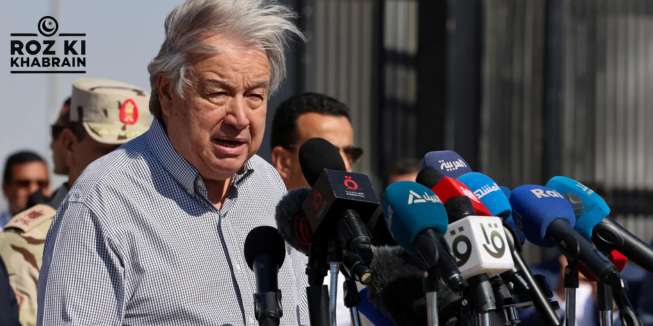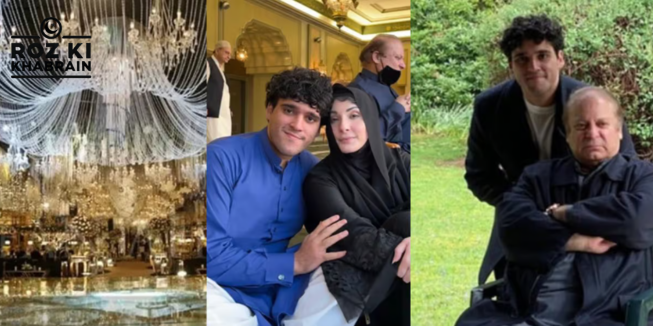In an editorial, the Toronto Star, one of Canada’s leading newspapers, declared, “Justin Trudeau hasn’t always been right on India, but he is this time.” This statement captures the prevailing sentiment in the country.
“The details are shocking. Eight people have been charged with homicides in Canada, although the exact number of deaths remains undisclosed, while 22 others face charges of intimidation, coercion, harassment, and threats. Since Trudeau publicly accused the Indian government of involvement in the murder of Hardeep Singh Najjar, police have warned 13 Canadians of South Asian descent that they may be targets of Indian agents,” the editorial explains.
Earlier this week, while testifying before the Hogue Commission of Inquiry into foreign interference, Trudeau emphasized that the Royal Canadian Mounted Police (RCMP) is committed to disrupting activities that have led to drive-by shootings, home invasions, violent extortion, and even murder in Canada, particularly within the South Asian community—predominantly Sikhs, though not exclusively.
In recent months, local media has reported an increasing number of extortion cases, particularly targeting South Asian-owned businesses. However, not all victims are of Indian origin.
With major political parties and its ‘Five Eyes’ allies backing it, Ottawa appears resolute in not backing down first.
The Canadian Prime Minister also noted that Ottawa made the allegations public only after diplomatic efforts to resolve the issue with New Delhi behind closed doors failed.
Despite the political divide in the country, and with federal elections looming, there is rare unity on one point: Canada cannot allow such activities to occur on its soil.
Foreign interference has already been a contentious topic in Canada. In September 2023, the Canadian government launched the Public Inquiry into Foreign Interference in Federal Electoral Processes and Democratic Institutions, investigating whether China, Russia, or other foreign actors had interfered in Canada’s 2019 and 2021 federal elections.
Five Eyes Support
The recent U.S. decision to charge former Indian intelligence officer Vikash Yadav for a foiled plot to murder a Sikh separatist in New York has escalated tensions. Canada’s concerns are also shared by its fellow ‘Five Eyes’ intelligence network members, who have openly supported Trudeau’s government.
Both the British and American governments have called on India to cooperate with the ongoing Canadian investigation into the alleged campaign of intimidation and homicide, with the U.S. State Department labeling the accusations as “extremely serious.”
New Zealand has also publicly weighed in, a rare move in international diplomacy. Foreign Minister Winston Peters stated, “Canada shared details about the ongoing criminal investigations, and if the alleged criminal conduct outlined by Canadian law enforcement is proven, it would be deeply concerning.”
Political Spectrum Rallies
Jagmeet Singh, leader of the New Democratic Party (NDP), told reporters after a security briefing on the diplomatic dispute that the Modi government is “working with criminal elements in Canada to carry out violence against Canadians, including shootings at homes, businesses, and communities.”
Local media has also reported that Singh’s brother-in-law, Jodhveer Dhaliwal, received a police warning in May regarding a possible threat to his life.
Singh called for the federal government to ban the Rashtriya Swayamsevak Sangh (RSS), describing it as a “right-wing extremist militant group from India that promotes violence and division,” with branches operating in Canada.
Conservative Party leader Pierre Poilievre, who also attended a security briefing, expressed deep concern over the RCMP’s allegations against India, stressing that foreign interference must be stopped and that criminal prosecutions should proceed against “anyone involved in threatening, murdering, or harming Canadian citizens.”
Although traditionally viewed as pro-India, the Conservative Party, led by Poilievre, who could become Canada’s next prime minister, is taking a strong stance against foreign interference.
Opinion writers are also backing the government’s response. Vincent Rigby, writing for The Globe and Mail, argued that India crossed a red line, and Canada had to act decisively.
Meanwhile, Toronto Star columnist Martin Regg Cohn criticized India’s reaction to U.S. allegations, stating, “When the U.S. blames India, the contradictions in India’s response are hard to ignore. India dares not provoke the U.S., but Canada, with no military clout, is seen as expendable.”
In another opinion piece in The Globe and Mail, Andrew Coyne bluntly stated, “This is not just a diplomatic spat; it’s state terrorism, and Canada is right to call it out.” He questioned, “What kind of relationship can exist with a government that murders our citizens?”
Published in Dawn on October 19, 2024.




